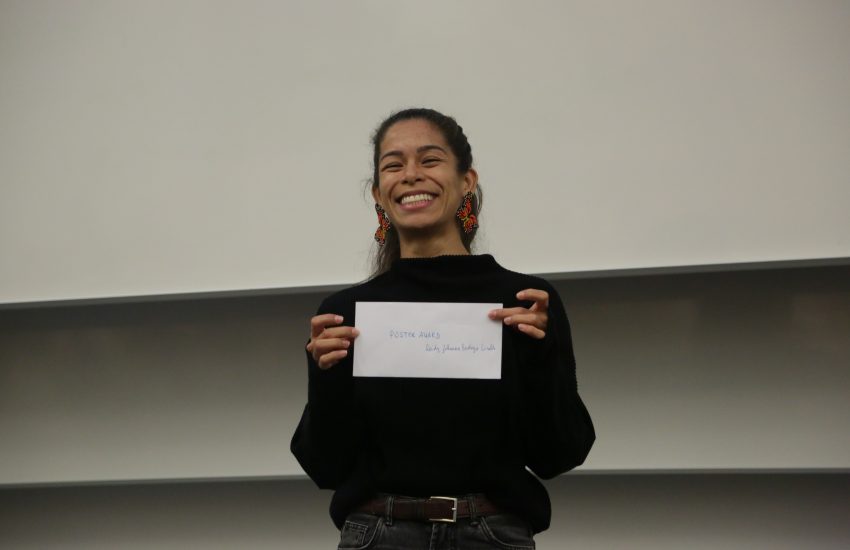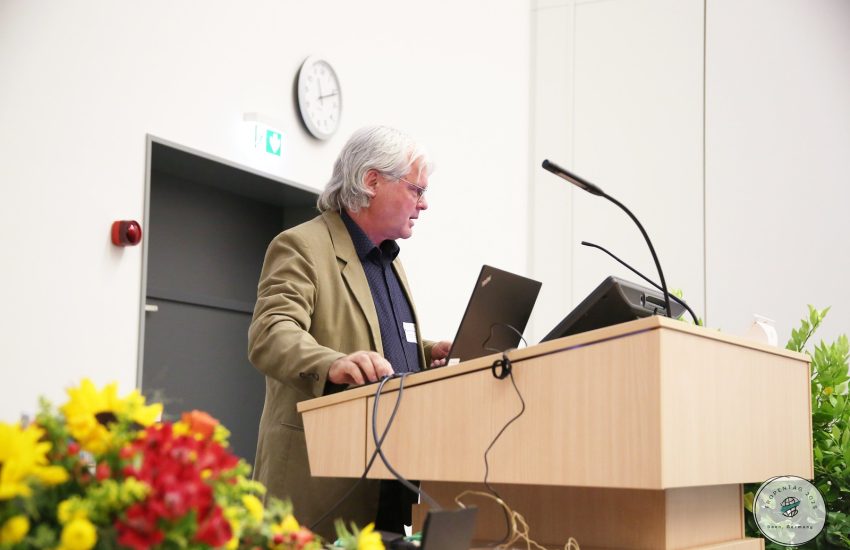Farming the Future: Data, Games, and Science Magic
If agriculture once seemed all about hoes, plows, and patient waiting, the workshops at Tropentag 2025 proved it’s now just as much about algorithms, serious games, and the art of better photography. Science and innovation were not lurking in the background they were center stage, showing us what the future of farming might look like.
Take Hy4Cast, for example. This workshop unveiled how artificial intelligence can be harnessed for fine-scale crop yield forecasts. Imagine farmers planning their harvests with the same accuracy as weather apps predict rain. Suddenly, “farming under uncertainty” looks a lot less uncertain.
Then came Computational Land System Analysis (CoLSA), a crash course in how big data can support decision-making in the Anthropocene. From satellites to sensors, the digital eye on our landscapes is sharper than ever. One participant quipped: “Land doesn’t lie, but it does need better interpreters.” And with CoLSA, those interpreters are here.
But innovation wasn’t only digital. One quirky yet delightful workshop showed us how to make better photos of research in landscapes and agriculture. Because let’s be honest good science deserves good storytelling, and sometimes that starts with framing the shot just right.
The theme of bridging science and policy popped up again in a workshop dedicated to strengthening interfaces. Here, the talk wasn’t about new tools, but about making sure the science actually lands on the desks where decisions get made. Innovation, after all, is wasted if it’s ignored.
And then came a playful twist: a CGIAR Serious Game on Innovation Portfolios. Yes, you read that right farming got gamified. Participants were invited to step into simulated decision-making, balancing portfolios of agricultural innovations like players in a high-stakes strategy game. Fun? Absolutely. Serious? Even more so, because real-world policies can benefit from exactly this kind of systems thinking.
Finally, a workshop on transdisciplinary skills in East African doctoral education reminded us that innovation isn’t just about tools—it’s about people. Training the next generation of scientists to think across disciplines may be the greatest innovation of all.
Put together, these workshops felt like a sneak peek into agriculture’s crystal ball. A future where AI guides planting, data shapes land use, games sharpen policy, and even the humble photo tells a powerful story. If that’s not farming the future, what is?



